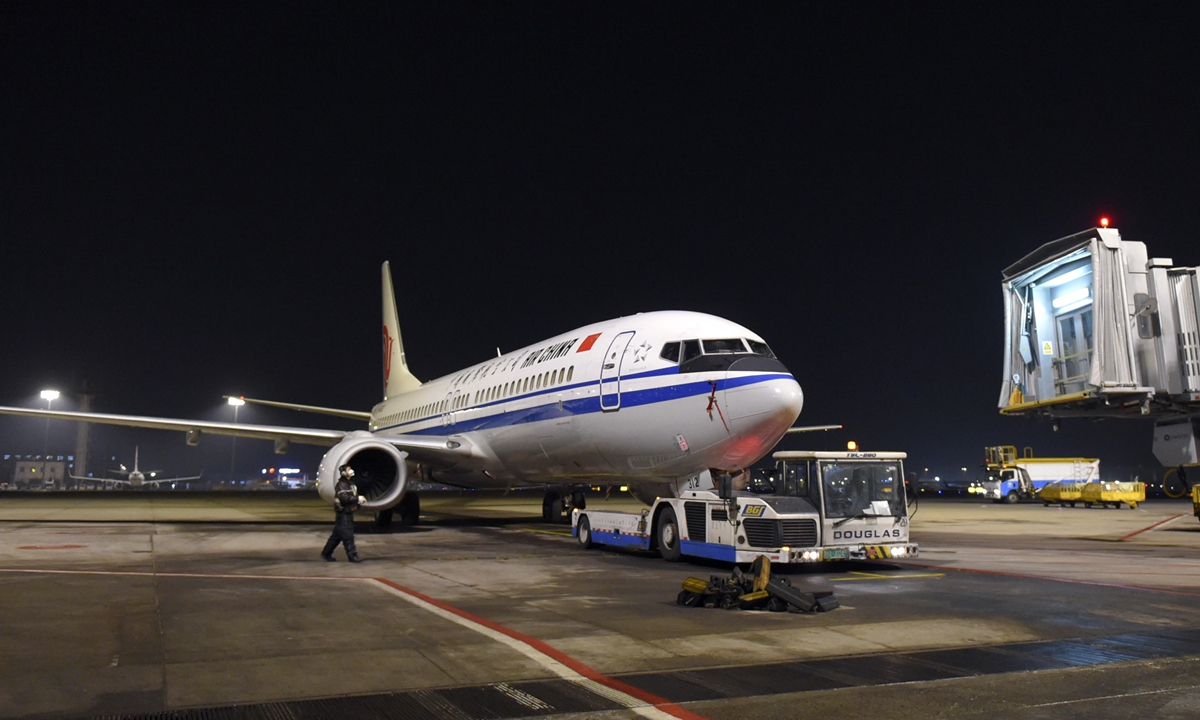Epidemic in Nanjing caused by lax management practices, absence of epidemic prevention regulations

Photo:cnsphoto
The latest COVID-19 outbreak at Nanjing Lukou International Airport was caused by lax management practices and the failure to strictly implement epidemic prevention and control regulations of the local government and civil aviation throughout daily flight operation and security , Han Guangzu, the deputy director of the flight standards department of the CAAC, said on Tuesday at a briefing related to the epidemic prevention and control of civil aviation, after the new surge of the outbreak triggered by the Delta variant in Nanjing, East China's Jiangsu Province.
A total of 220 coronavirus cases have been reported in Nanjing as of Tuesday. This most recent wave of coronavirus infections developed after a number of workers in Nanjing's Lukou International Airport tested positive for coronavirus in late-July.New infection have been reported in 15 provinces across the country, with nearly 400 people infected.
Han said that since the outbreak last year, the joint prevention and control mechanism of the State Council and local governments, as well as the CAAC, have established a strict system forepidemic prevention and control, which has proved effective.
Han pointed out that the CAAC had reacted quickly andstudied the development of the epidemic, formulated and continuously updated epidemic prevention and control requirements for airlines and airports a which accounted for real world conditions, and issued seven editions of technical guidelines on epidemic prevention and control,
The guidelines put forward specific requirements and detailed provisions for front-line personnel personal protection, passenger and crew epidemic prevention and management, crew isolation policy, aircraft and airport environment, cargo disinfection and other key aspects.
As of the end of June, the CAAC has facilitated 14,384 international passenger flights, 251,852 international cargo flights, and 53,27938 domestic flights without a single crew member being infected while on board. This shows that as long as the epidemic prevention and control regulations and technical requirements are strictly observed, the defense of the epidemic can be secured, Han said.
